
Is there enough land supply for power plant projects?
By Scott CawrseEnergy is an integral part of economic activity. An adequate energy supply is essential to support industrial activities, fuel the mobility needs for both freight and passengers, and ensure convenience and comfort in life. To facilitate such economic activities, large-scale investment in energy supply infrastructure is necessary, including the upstream oil, gas, and coal; midstream transformation facilities for electric power generation, oil refinery, and gas processing; and distribution networks that can deliver energy to customers. To meet the rapid energy demand growth of 2.4% per year until 2030, the Asian Development Bank estimates that Asia and the Pacific will require a cumulative investment of between $7.0 trillion and $9.7 trillion in the energy sector. Most of the total investment in the energy sector will be concentrated in China, India and Japan and dedicated to electricity generation, transmission and distribution.
As industrialisation, electrification and urbanisation processes accelerate, the amount of land required for power plants, transmission lines and catchments, in the case of dam storage hydropower schemes, is increasing. Land acquisition where a proponent has recourse to expropriation triggers involuntary resettlement of affected occupants. Involuntary resettlement involves the physical relocation of people or disruption to their livelihoods. This can present a major challenge for power generation projects.
There are many lessons from poorly planned resettlement programs people who were forcibly moved from their land have ended up impoverished. The impacts tend to be greater among Indigenous People who are typically politically marginalised, economically disadvantaged and more dependent upon natural resources.
The widespread adoption of Equator Principles by Financial Institutions has made project financing conditional upon satisfying International Finance Corporation (IFC) social and environmental standards. The performance standard on land acquisition and involuntary resettlement embodies lessons learned and good practice from development induced displacement projects.
However the skill in effective and efficient resettlement programs lies in practical and focused planning. Setting clear policies in engaging stakeholders, baseline studies, compensation packages, replacement housing and livelihoods restoration is critical. Determining the company’s negotiation position and strategy is also fundamental to negotiating settlements with affected people and avoiding the need to forcibly remove people through expropriation.
Resettlement planning and implementation needs to be aligned with the broader project schedule to deliver land access as it is required. This often means making a commitment to resettlement site engineering before a final investment decision is made. The lead time in constructing hundreds or thousands of replacement houses demands advance construction workforce training and materials sourcing. Temptations to adopt new building technologies that are more efficient and faster than conventional methods need to be carefully appraised. As a general principle, proven technologies are preferable as the scale of resettlement and time delays from any rework are costly. Similarly the promotion of alternative livelihoods requires caution- failures end up with the proponent continuing to bear responsibility for affected people until their livelihoods are restored.
Well planned resettlement can enhance the development impact of a project and improve the living standards of affected people. This investment in local economic and social development pays dividends in securing and maintaining a ‘social license to operate’ with host communities, gaining project financing and enhancing corporate reputation.

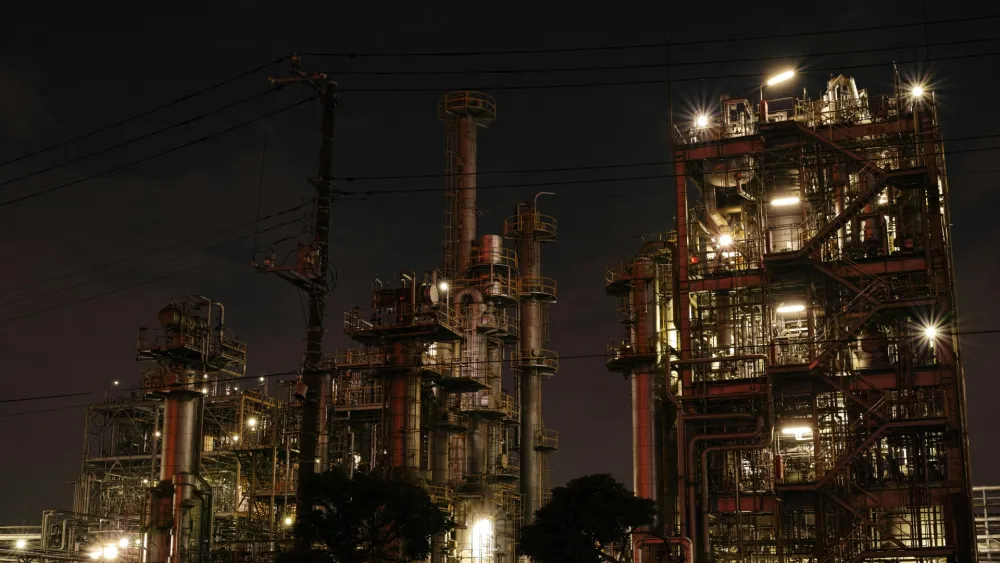
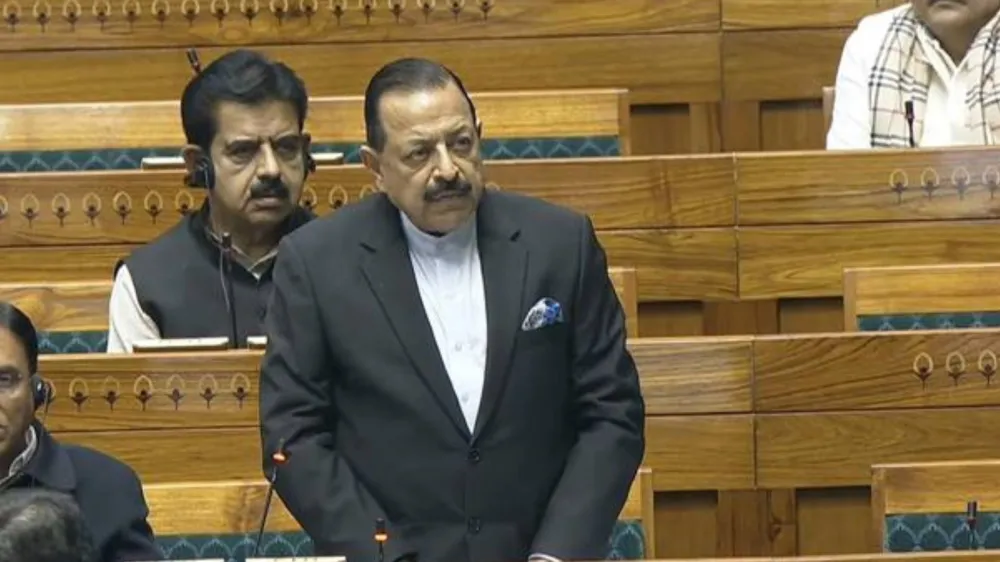
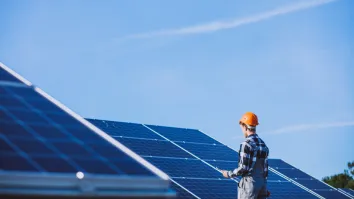
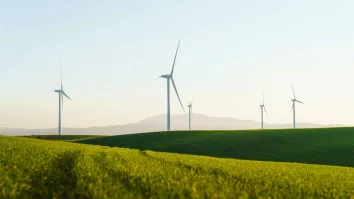
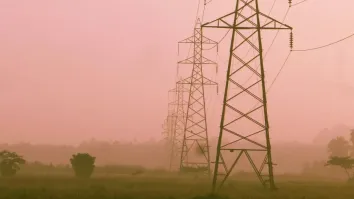
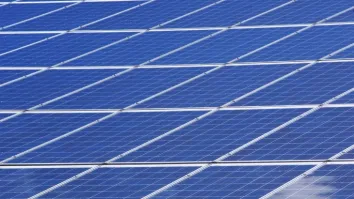













 Advertise
Advertise





